When going through complex wills and estate disputes, it can be hard to keep track of how to best navigate the process.
This guide offers a comprehensive overview of our free claim assessments, helping you understand what to expect when seeking free legal advice for wills and estates, what we do to evaluate your situation, and how our experienced solicitors provide personalised guidance to help you make informed decisions.
Key takeaways:
- What to expect during the free claim assessment
- The importance of early legal consultation
- Personalised legal advice tailored to your situation
First Step in the Free Claim Assessment
The first step in anything you do is normally the hardest. Considering speaking to a lawyer about a potential will dispute is no different.
Some people have never spoken to a lawyer before, and the thought of doing so is overwhelming. They tell me they’re very nervous to talk to a lawyer. In some cases, they’re concerned they’ll ask a silly question or don’t want to waste our time because they’re unsure if we can really help or not, or they’re simply overwhelmed by the legal process.
Missed Opportunities
I often feel calls from people inquiring about their will disputes, and because they’ve left it so long to make the inquiry, their rights to claim have expired. That is, if they had made the inquiry sooner, they would have had a good claim and we could have enforced their legal rights, but because they’ve left it so long, the limitation period had expired, or the assets of the estate had been distributed. And unfortunately, there’s nothing we can do for them.
When I speak to these people they always say they wished they picked up the phone sooner and made the inquiry, because they feel they’ve missed out on an opportunity, or missed the chance to uphold what the deceased person wanted.
Offering a Solution
This is the reason at O ‘Connor Ruddy and Garrett we offer a free initial assessment for any potential will dispute. When our highly experienced and empathetic lawyers talk to you for the first time, there is no set agenda. We simply listen to your story. We spend the time to understand why you feel it down, and what you want the outcome to look like.
The free initial assessment takes as long as it takes. These initial assessments include getting a copy of the will, understanding what assets are in the estate, talking to the executor, or the executor’s solicitor, and speaking to you and potentially other witnesses.
At the end, we present you with your legal options available to you, together with your prospects of success. At the same time, we also present you with an estimate of what the costs are likely to be, so you have all the information before you to commence proceedings. We then leave it up to you if you want to proceed with the action or not. Recently I had a client and they were telling me their story.
Benefits of the Assessment
Throughout their story, they said things to me that in my mind, raise red flags. I asked a lot of questions about these red flags and after we finished our free claim assessment I told them they had three different causes of action.
But the first action would be difficult to prove given the evidence we had to date. The second option was a viable option but there was an expensive way to enforce their rights. But I recommended the third option because it got them what they wanted and the legal costs would have been paid from the estate. This is a classic example of how our free initial claim assessment works.
If you decide not to proceed for any reason, there is no charge to you but at least you know what your legal rights are and you’ve controlled the process. If you have any will dispute inquiry it costs nothing to know where you stand. So please contact our office for a free initial claim assessment. Thank you.


